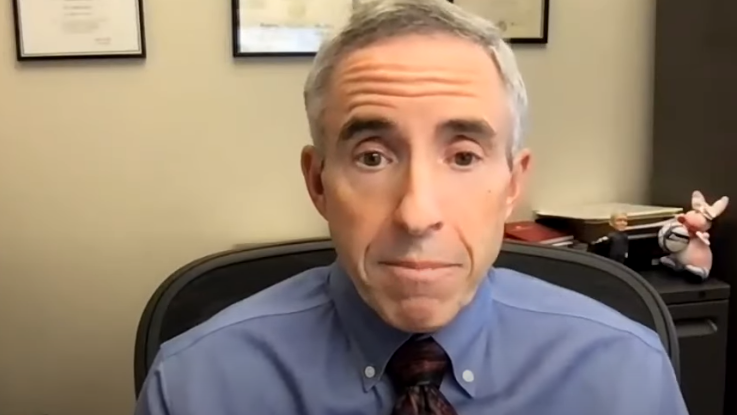
The delta variant of COVID-19 spreading across Intermountain’s service area is much more transmissible and affects much younger patients than previous variants, according to Andrew Pavia, MD, an infectious diseases specialist for University of Utah Health and Primary Children’s Hospital. He said in a recent conference more than 16,000 children nationally were hospitalized with COVID-19 on the week ending August 5—more than any time during the pandemic. Many children locally have been hospitalized with the disease, experienced lingering long COVID symptoms, and in some cases, contracted multi-system inflammatory syndrome in children (MIS-C), a severe inflammation of organs including the brain and heart that can result in death.
Dr. Pavia and other medical experts are concerned COVID-19 cases could rise among children when they head back to school. Here are some things they recommend to help you protect your children:
- Vaccinate family members ages 12 and up as soon as possible.
- Wear masks in indoor public settings.
- Wash hands frequently and practice social distancing.
- If you have questions about the vaccine, masking, or related matters, ask your medical provider.
The CDC is recommending even vaccinated people wear masks in indoor public settings in areas of heightened transmission. Parents should model that behavior, even if they’re vaccinated. While Utah law doesn’t allow schools to require students to wear masks, you can choose to have your children wear masks to help keep them safe.
COVID-19 can severely disrupt learning, school attendance, and involvement in extracurricular activities. Children can and do get COVID-19 and are at risk for severe illness from the virus. Even with mild illness, children can spread the virus to other people.
“Elementary school-aged children did an excellent job wearing their masks last school year,” says Katrina Jensen, RN, an Intermountain pediatric nurse. “Masking minimized outbreaks and the challenges that come with them, including quarantines, missed school days, and the risk of infecting siblings and vulnerable family members.”
“There is no serious risk to wearing a mask, but there are very, very serious risks to allowing COVID-19 to spread unchecked in our schools,” Dr. Pavia says.
“Your family’s doctor or nurse practitioner knows you and your children and is happy to have a conversation with you about your questions and concerns,” Katrina says. “Your primary care provider can provide factual information to help you make an informed decision about the vaccine, and other steps you might take to keep yourself and your children safe.”

